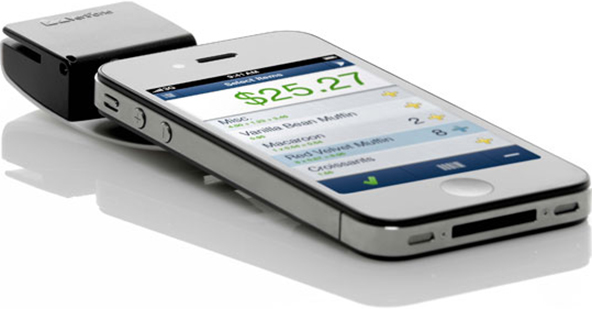How to Manage ‘Canceled Recurring Transaction’ Chargebacks

Both Visa and MasterCard use special Reason Codes to designate chargebacks resulting in connection with recurring payment plans. The triggering point is usually when a card issuer receives a claim by a cardholder that the merchant processed a transaction after the cardholder requested cancellation or when the transaction amount is higher than the pre-authorized one. This Reason Code may also be issued if the merchant fails to notify the cardholder prior to processing a transaction, after agreeing to do so before each recurring payment. Visa uses Reason Code 41 and its MasterCard’s equivalent is 4841.
What causes these chargebacks? Chargeback Reason Codes 41 and 4841 may be caused by one of the following actions:
- The cardholder:
- Did not authorize the charge.
- Canceled the recurring plan.
- Canceled the card account.
- The card issuer:
- Has previously processed a chargeback on a transaction from the recurring plan at issue and the cardholder did not expressly renew the plan.
- Canceled the card account.
- The merchant:
- Was notified prior to processing the transaction that the customer’s card account was closed.
- Exceeded the pre-authorized amount without notifying the cardholder in writing within 10 days of processing the transaction or did notify the customer but the customer requested that the account not be charged.
How to manage such chargebacks? The time frame to respond to Reason Codes 41 and 4841 is 120 days. Your response will depend on the particular transaction circumstances and the actions you have taken (or not) so far:
- The transaction was canceled and credit was issued. If you issued a credit after your customer canceled a transaction, contact your processing bank and give them the details, including when the credit was processed.
- The transaction was canceled, but credit is not yet processed. If a customer canceled a payment but you failed to process the credit, there is no remedy and you should accept the chargeback. Do not process a credit at this time, as the chargeback has already done it for you.
- The transaction was not canceled. If you have no record that cancellation was requested you should still accept the chargeback, as the customer does not have to prove that he or she requested a transaction to be canceled.
- The transaction was canceled, but the services were used. If the customer claims that he or she was billed after requesting cancellation, but the bill was for services used between the date of the last billing statement and the cancellation date, provide to your processor some kind of supporting evidence.
- Final billing. If a cancellation request was received, but there is still a final payment to be made, contact your customer directly and request a payment.
How to prevent chargeback Reason Codes 41 and 4841? Many of these chargebacks can be prevented by implementing the following best practices:
- Customer cancellation requests. You should regularly check for cancellation requests and respond promptly. Inform the customer when his or her account was closed and request another form of payment if there is an outstanding balance.
- Credit cardholder account. Make sure that credits are processed promptly and notify customers immediately.
- The transaction exceeds the pre-authorized amount ranges. Always notify customers within 10 days of processing if the transaction amount will exceed the pre-authorized one. If there is a dispute, send a copy of the notification to your processor.
- Customer complaints. Always check and immediately address customer complaints. If unaddressed, complaints can easily deteriorate into chargebacks.
The only cause for a Reason Code 41 or 4841 chargeback that you cannot address is when a customer claims that he or she canceled their recurring plan, but you have no record of such a request. Visa and MasterCard have chosen to side with the cardholders in such cases and do not require any proof from them.
Image credit: Creditcard-lawsuit.com.

